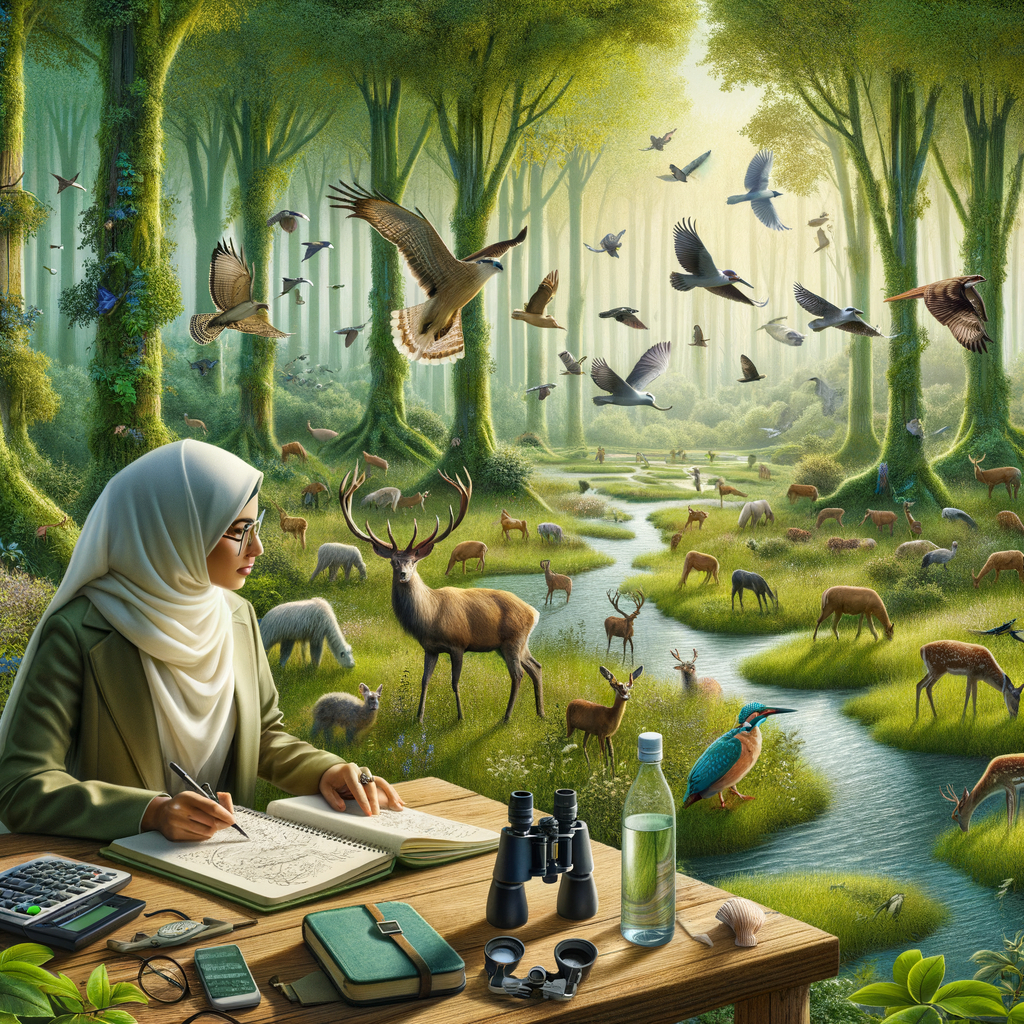Physical Address
304 North Cardinal St.
Dorchester Center, MA 02124
Physical Address
304 North Cardinal St.
Dorchester Center, MA 02124

Wildlife conservation, an integral aspect of environmental preservation, is a subject that has gained significant attention in recent decades. With the alarming rate at which species are becoming endangered and extinct, wildlife conservation is no longer just about maintaining biodiversity; it’s about ensuring the survival of our planet.
Before delving into its importance, let’s first understand what wildlife conservation entails. It refers to the practice of protecting wild species and their habitats to maintain healthy population levels. This involves implementing policies and regulations that restrict human activities that could harm animals or disrupt their environments.
Biodiversity plays a crucial role in the overall health of our planet. Each species, no matter how small or seemingly insignificant, has a role to play in the ecosystem. From bees that pollinate plants to wolves that control deer populations by hunting them, every creature contributes to maintaining balance in nature.
When one species becomes endangered or goes extinct, it can set off a chain reaction affecting many other species – a phenomenon known as the domino effect. For instance, if bees were to become extinct, plants would not be pollinated effectively leading to their decline. This would then affect herbivores who rely on these plants for food and subsequently predators who prey on these herbivores – disrupting the entire food chain.
The significance of wildlife conservation extends beyond maintaining biodiversity; it directly impacts our survival too.
Ecosystem services refer to benefits humans derive from ecosystems such as clean air and water, fertile soil for agriculture, pollination of plants including crops, and natural pest control. Wildlife plays a vital role in providing these services. For instance, birds and bats help control pests by feeding on them, while worms improve soil fertility by breaking down dead organic matter.
Wildlife has also contributed significantly to medical discoveries. Many medicines we use today are derived from plants and animals. For instance, aspirin was developed from the bark of willow trees while certain cancer treatments have been developed from compounds found in the rosy periwinkle plant.
Wildlife conservation promotes ecotourism – a form of tourism that focuses on responsible travel to natural areas that conserves the environment and improves the well-being of local people. Ecotourism not only boosts local economies but also raises awareness about wildlife conservation.
Despite its importance, wildlife conservation faces several challenges such as habitat destruction due to urbanisation, climate change causing shifts in habitats and food availability, poaching for illegal wildlife trade, pollution affecting air and water quality, and invasive species outcompeting native species for resources.
In response to these challenges, various strategies have been implemented globally such as establishing protected areas like national parks and wildlife reserves where human activities are restricted; implementing laws against hunting endangered species; promoting sustainable practices like eco-friendly farming; and raising public awareness about the importance of coexisting with wildlife peacefully.
While these efforts have had some success in preserving certain species and ecosystems, more needs to be done. This includes further research into understanding how different species contribute to ecosystem health; developing innovative conservation strategies that take into account changing climates; strengthening laws against illegal wildlife trade; improving waste management to reduce pollution; and fostering a culture of respect for wildlife.
Wildlife conservation is not just about preserving animals for future generations to enjoy. It’s about recognising the interconnectedness of life on Earth and taking responsibility for maintaining this delicate balance. It’s about ensuring our survival – because without a healthy planet, there can be no healthy human population.